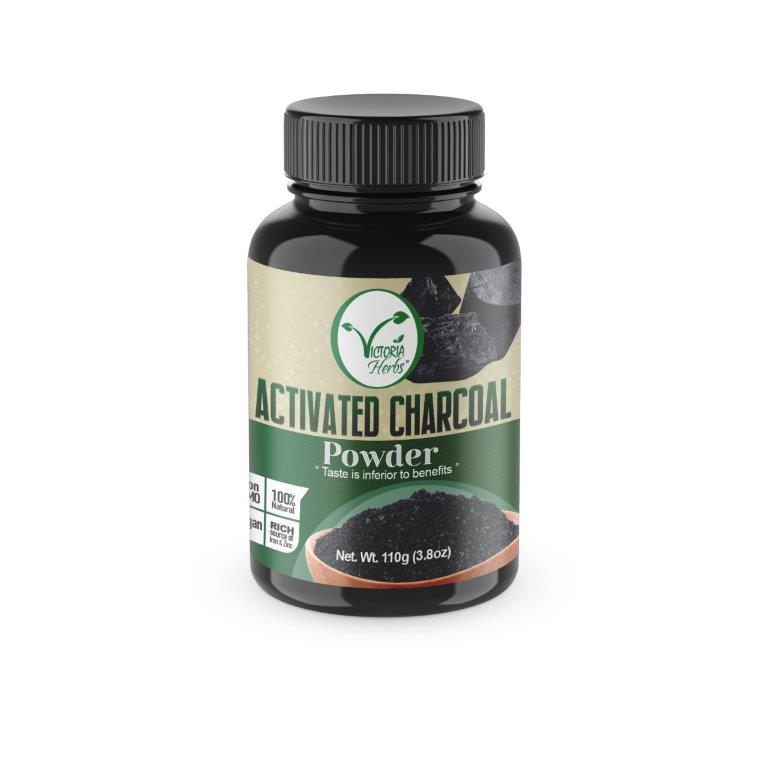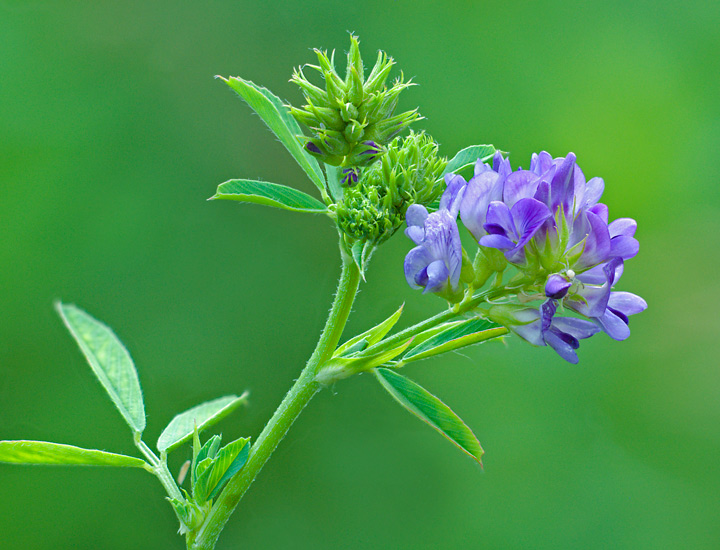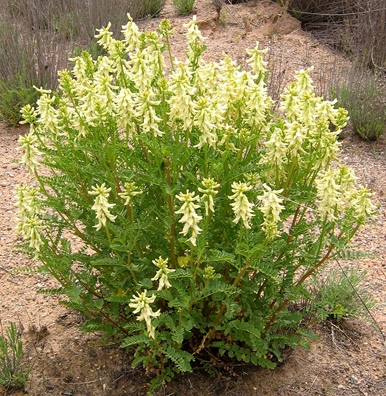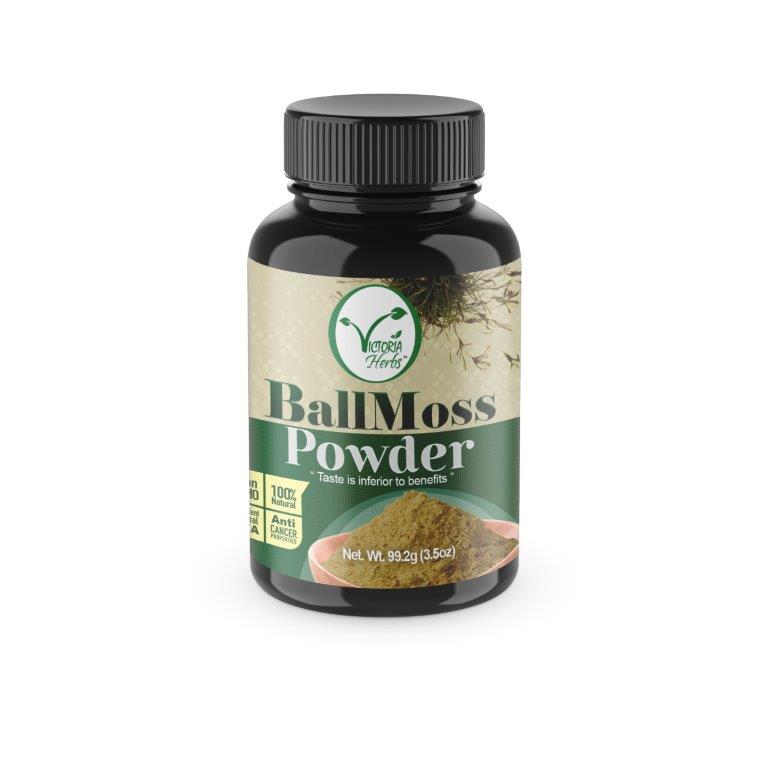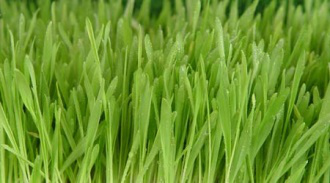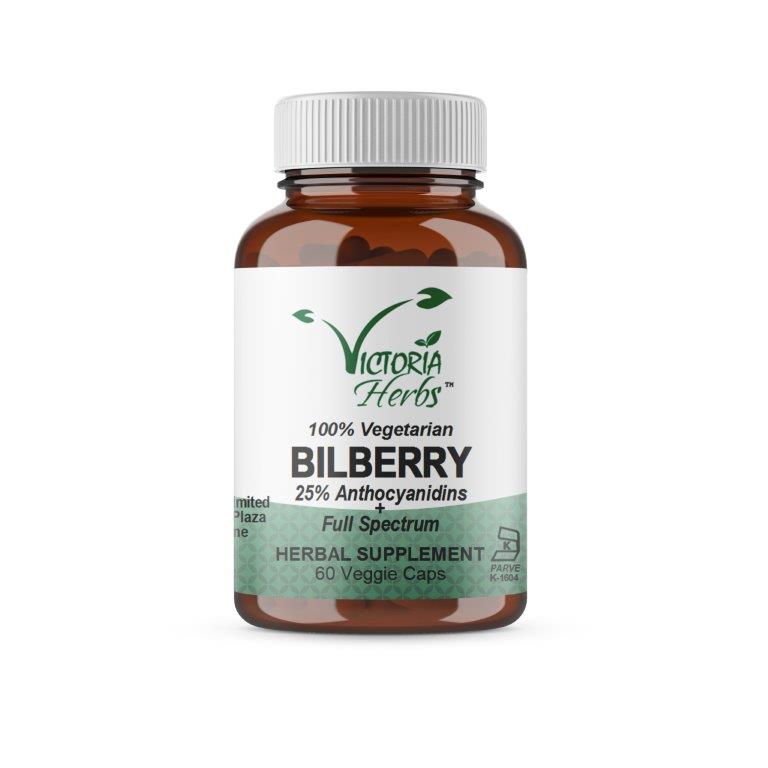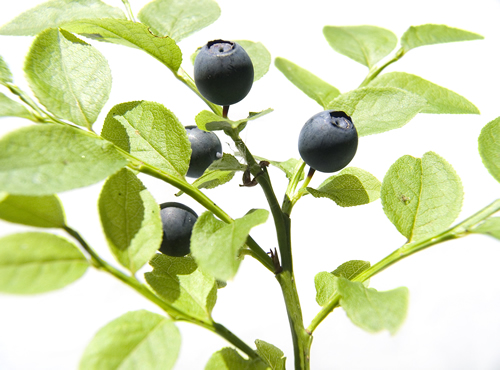Bayberry Bark Herb C/S
-
$2.98
- Availability: In Stock
Botanical: Myrica cerifera Other common names: Wax Myrtle, Candle Berry, Candleberry Myrtle, Waxberry, Southern Bayberry, Tallow Shrub, Myrica, Sweet Gale, Vegetable Tallow Country of Origin: United States. Sweat out a cold with Bayberry! This antibiotic tonic will help remove waste and toxins through the skin, lower fever and expel phlegm and mucus. Taken...
Botanical: Myrica cerifera
Other common names: Wax Myrtle, Candle Berry, Candleberry Myrtle, Waxberry, Southern Bayberry, Tallow Shrub, Myrica, Sweet Gale, Vegetable Tallow
Country of Origin: United States.
Sweat out a cold with Bayberry! This antibiotic tonic will help remove waste and toxins through the skin, lower fever and expel phlegm and mucus. Taken at the first sign of a cold or flu, Bayberry helps to reduce the chills and fever and other discomforts at their onset.
Beneficial Uses:
Bayberry is a fine expectorant and decongestant. It is considered a remedy for coughs, colds and flu, especially relieving conditions where there is excess mucus, phlegm and sinus congestion. It is also helpful in healing mucous membranes, treating mucous colitis and reducing mucus in the intestines.
As a diaphoretic, Bayberry promotes heavy sweating and when perspiration increases, wastes and toxins are released through the skin. Considered a warming and stimulating tonic by traditional herbalists, it was traditionally used to increase the body's "fire" and reduce excess water. It is also believed to stimulate lymphatic drainage.
Bayberry has long been considered a "febrifuge" which will efficiently reduce fever.
Its antiseptic qualities make Bayberry an excellent herbal antiseptic wash for the gums, a gargle for sore throat and inflammation, as well as a treatment for bad breath. The nineteenth century medic and herbalist, Dr. Thomson, found Bayberry to be the best remedy for canker sores he ever found and said "it cleansed the teeth and mouth, removed scurvy from the gums and removed the most offensive breath."
Bayberry supports the immune system and helps the body resist disease. Its component, myricitrin, exhibits antibiotic activity against a wide range of bacteria and infection. Bayberry has been used to treat diarrhea, dysentery, bowel inflammation, sore throats, canker sores in the mouth and throat, colds and flu.
As an herbal stimulant, Bayberry invigorates and strengthens the body and works to increase vitality. It also stimulates the circulatory system, helping to improve circulatory disorders. Moreover, as a stimulant, Bayberry is said to be beneficial for improving low thyroid activity.
Bayberry is a strong astringent that is good for internal ulcerations. It has also been used to treat bleeding of all kinds, whether from the stomach, lungs, uterine hemorrhaging or excessive menstruation. It is also said to have an excellent effect on female organs.
Externally, Bayberry makes an effective poultice for ulcerated and running sores, a rub for inflamed varicose veins and application for hemorrhoids.
In addition to Bayberry's use in candle making, cosmetics and soaps, it is also considered to be an effective insecticide.
Traditional herbalists used Bayberry (in large doses) as an emetic, which produced vomiting, in the treatment of narcotic poisoning.
Contraindications:
Pregnant or nursing women should not use Bayberry; and since Bayberry alters the body's processing of sodium and potassium, those who must watch their sodium/potassium balance, such as people with kidney disease, high blood pressure or congestive heart failure, should consult their doctors before using this product. Large doses (many times the recommended dosage) of Bayberry may be emetic and cause stomach problems.



